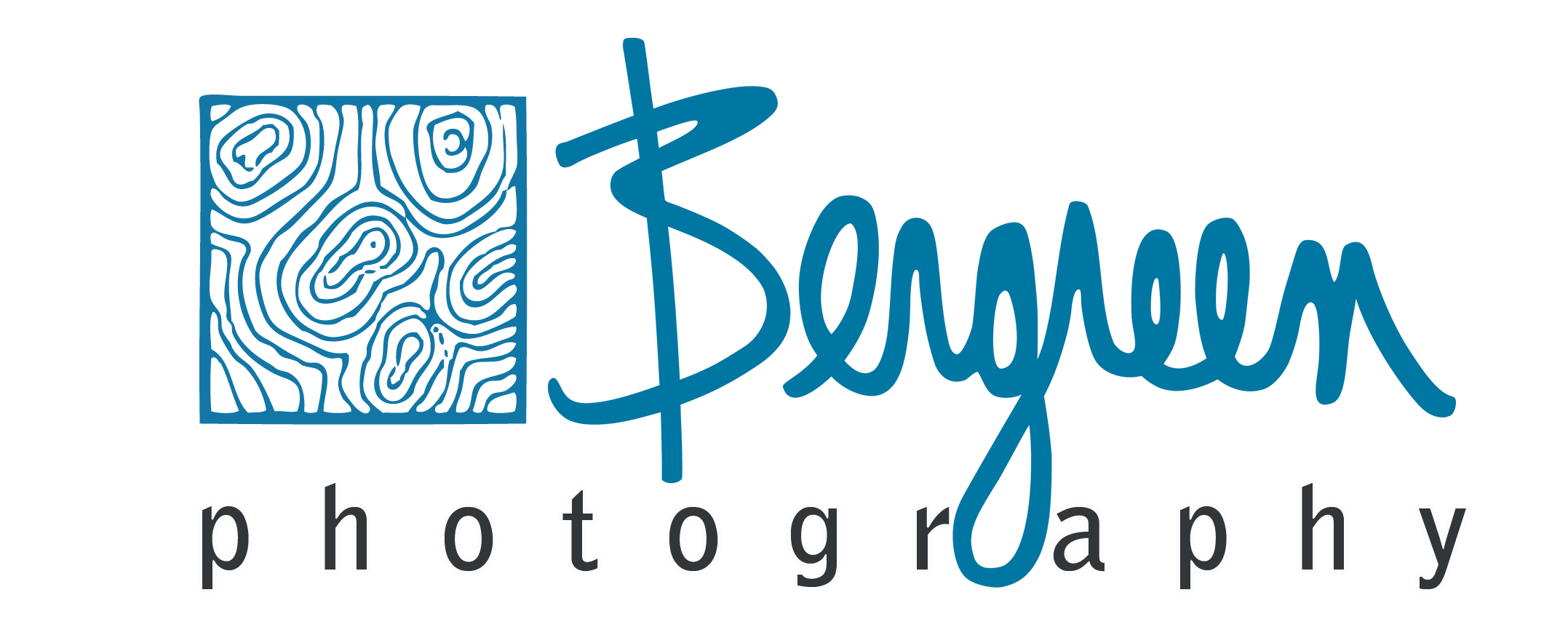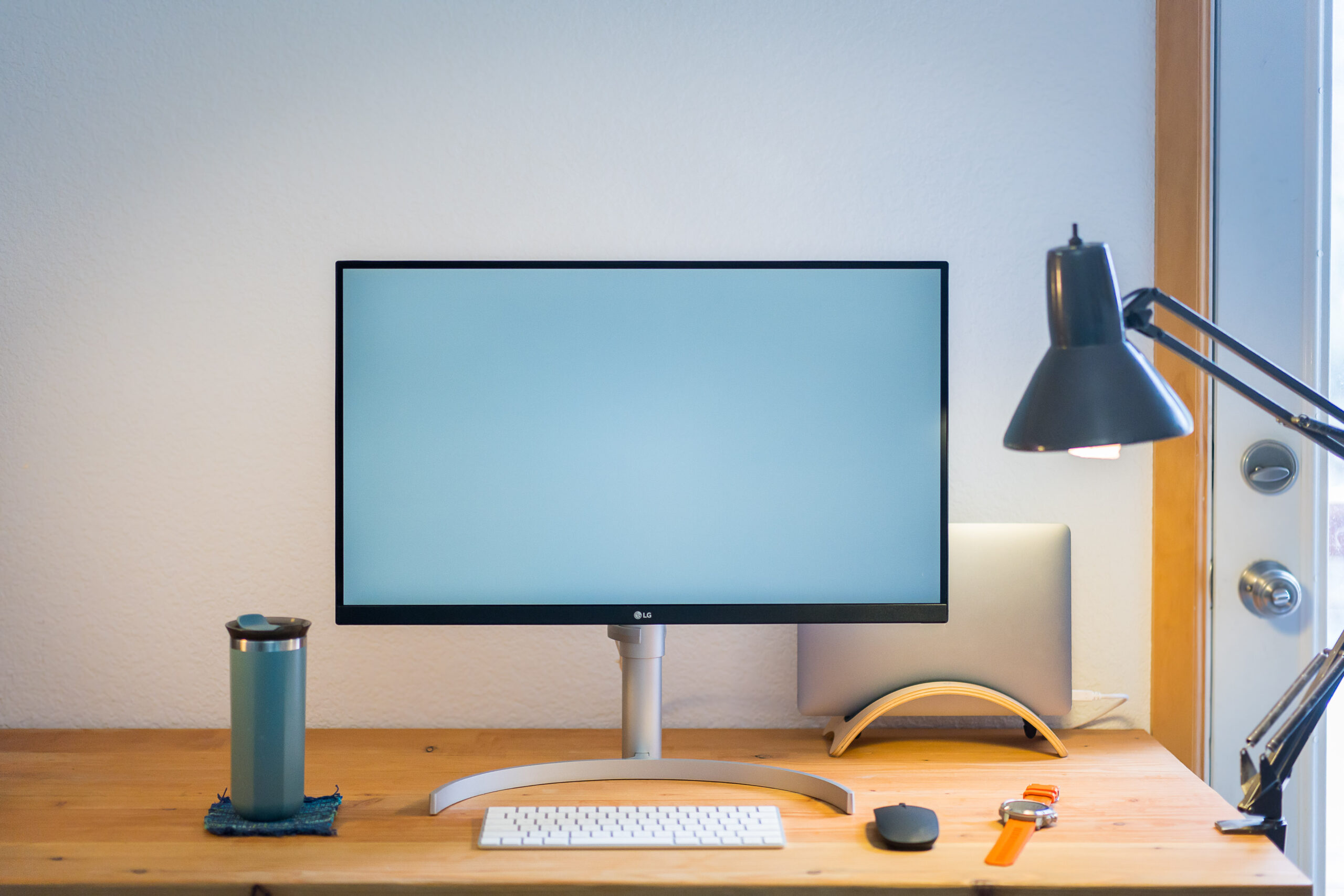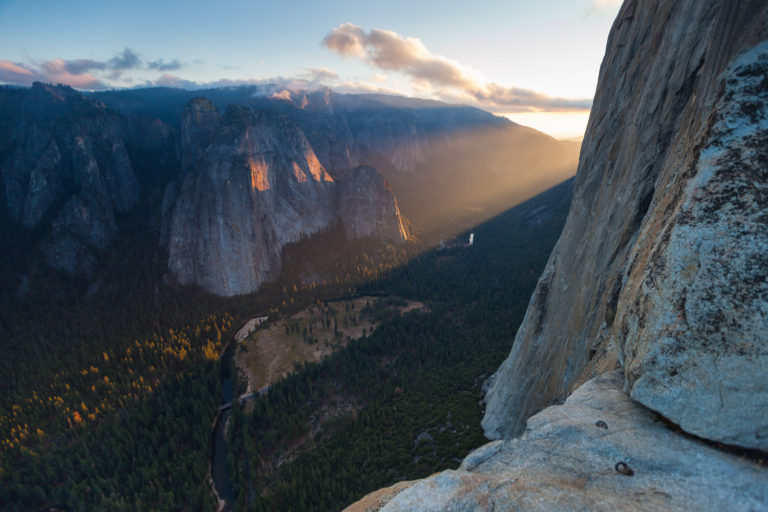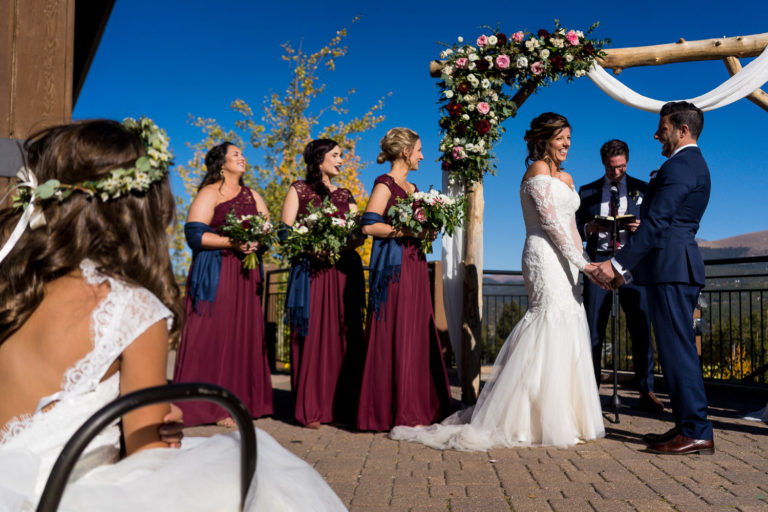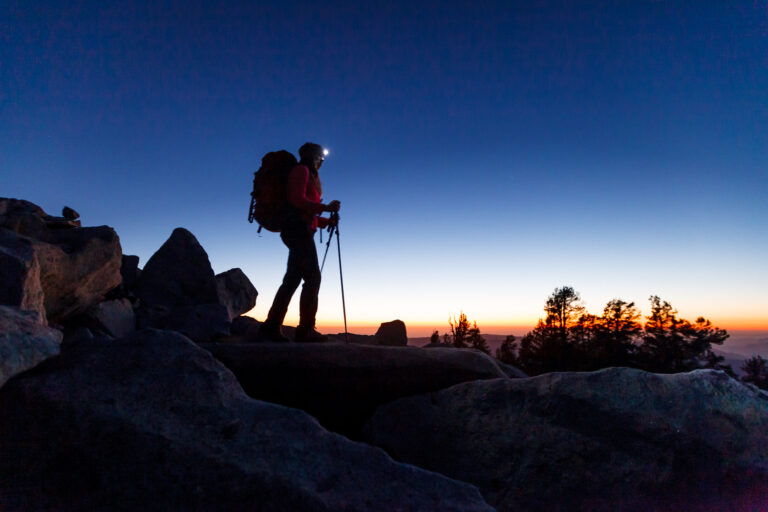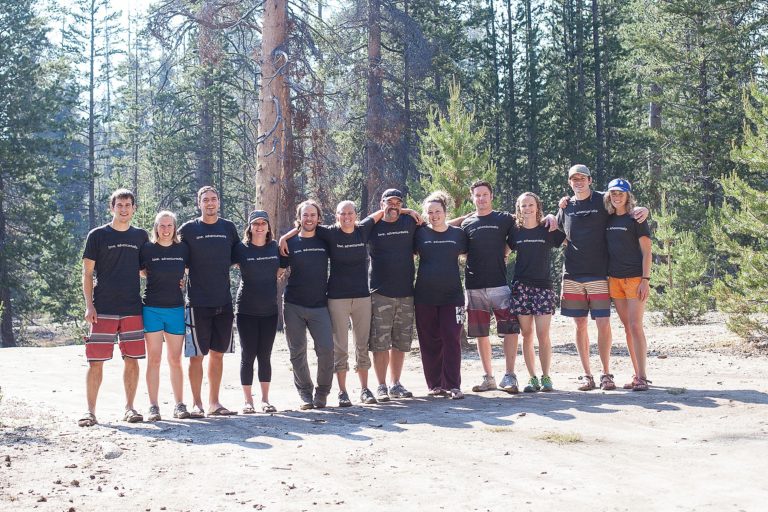Why Minimalism is Good for Creativity
Today’s post is going to address why minimalism is good for creativity. I’ve often said that it’s important to simplify so that we can flow. I want to dive deeper into the benefits of minimalism specifically in how it pertains to creativity.
I’ve been a professional creator for over a decade which means creativity isn’t just a hobby but a job. Essentially, I have to be creative on demand. But really, I want to be.
Therefore, I’m always reading books and trying practices that might enhance my creativity and give me better access to flow. One of my favorites, is the idea of minimalism. The the minimalist lifestyle is beneficial for a lot of reasons so I figured it would be a good topic to dive deeper into on the blog.
How Minimalism Improves Creativity
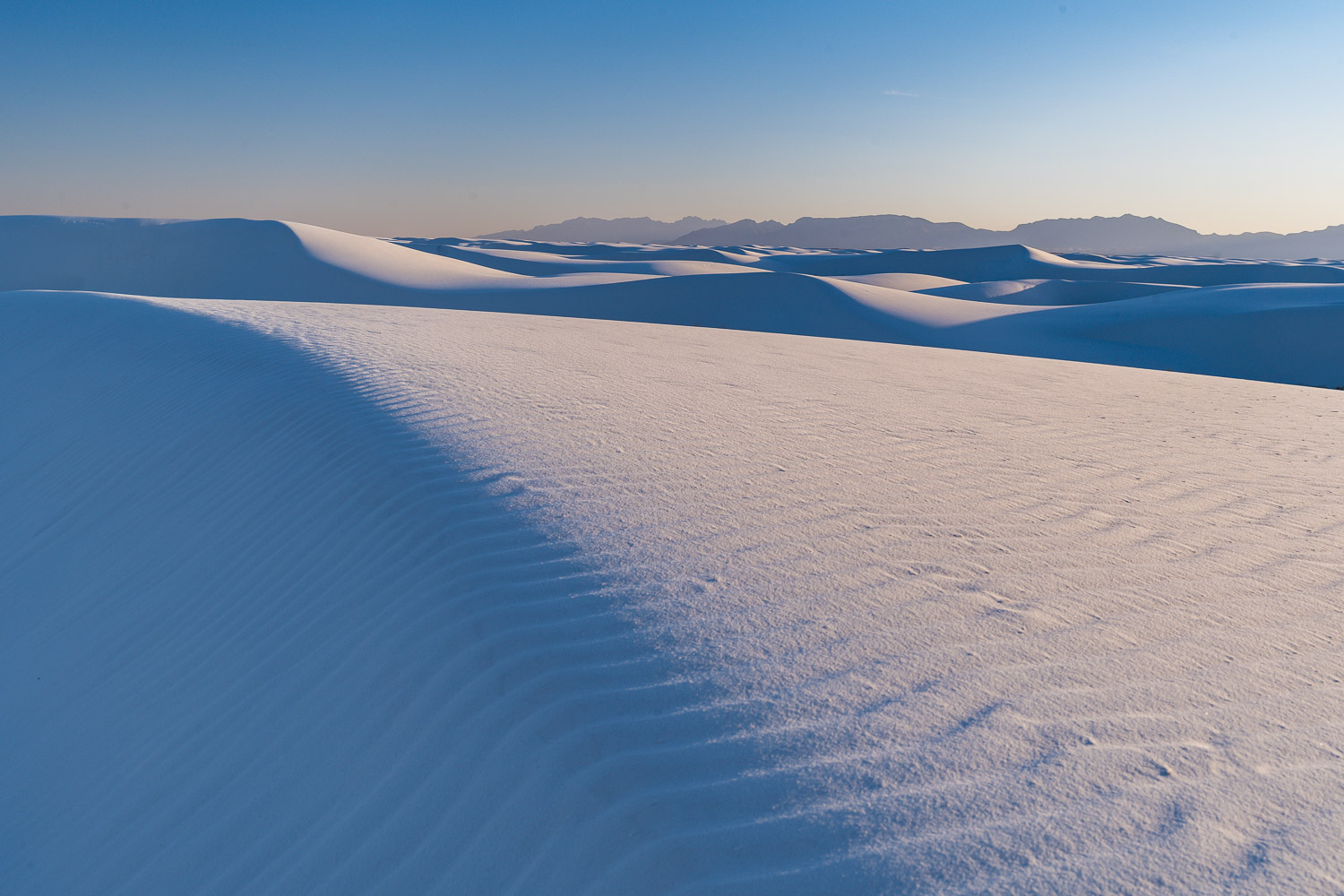
To answer why minimalism is good for creativity, we have to look at the general benefits of minimalism. Why you might think that more material possessions is a status of more success, more stuff sometimes is just how we cope with our stress. Think about your attachment to stuff and what it actually means.
Sometimes our attachment to stuff is a distraction from what we actually want to be doing. We might be holding on to the past or living in an imagined future. It’s hard to be present when there’s so much to do and take care of.
Whenever I take the time to declutter my life, I notice a sense of peace and freedom. Not only do I have more physical space to create but I have more mental space as well. Let’s get specific.
Minimalism Improves Focus and Removes Distractions
With minimalism, fewer distractions leads to deeper more focused play. Think of it from the perspective of children. If they are surrounded by too many toys and too many choices they are likely to bounce around from activity to activity. In contrast, if they choose one thing and really dial in their focus, they’re building lego castles complete with the surrounding territories.
What little I know about the Montessori principles includes the idea that keeping kids toys minimal and organized helps them to have deeper focused play on the items they choose to engage with. Why would it not be the same with us?
Haven’t we all heard the idea that multi-tasking isn’t good for us? Choosing to focus on one thing leads to increased productivity. The more we remove distractions the more we can be present and focused on our current project.
Simplify So We Can Flow
Now, if we think about creativity in general, we’re trying to access a state of flow. In a previous article I wrote about how we can’t always wait for inspiration to strike but rather it’s important to practice our creativity. In order to have creativity as a habit we need to have both physical and mental space for creativity.
We also need to remove distractions, as I discussed in the above section. Getting into the zone can be hard, but it’s even harder when we see our stuff out of the corner of our eye. This might be anything from laundry that needs to be folded to a new gadget we want to try out.
Think about sitting down to write, sketch, paint, or get into your creative zone, whatever it may be. What causes you to get up and give up? What in your environment is adding physical or mental clutter and interrupting your ability to flow?
Reduce Decision Fatigue and Increase Creativity
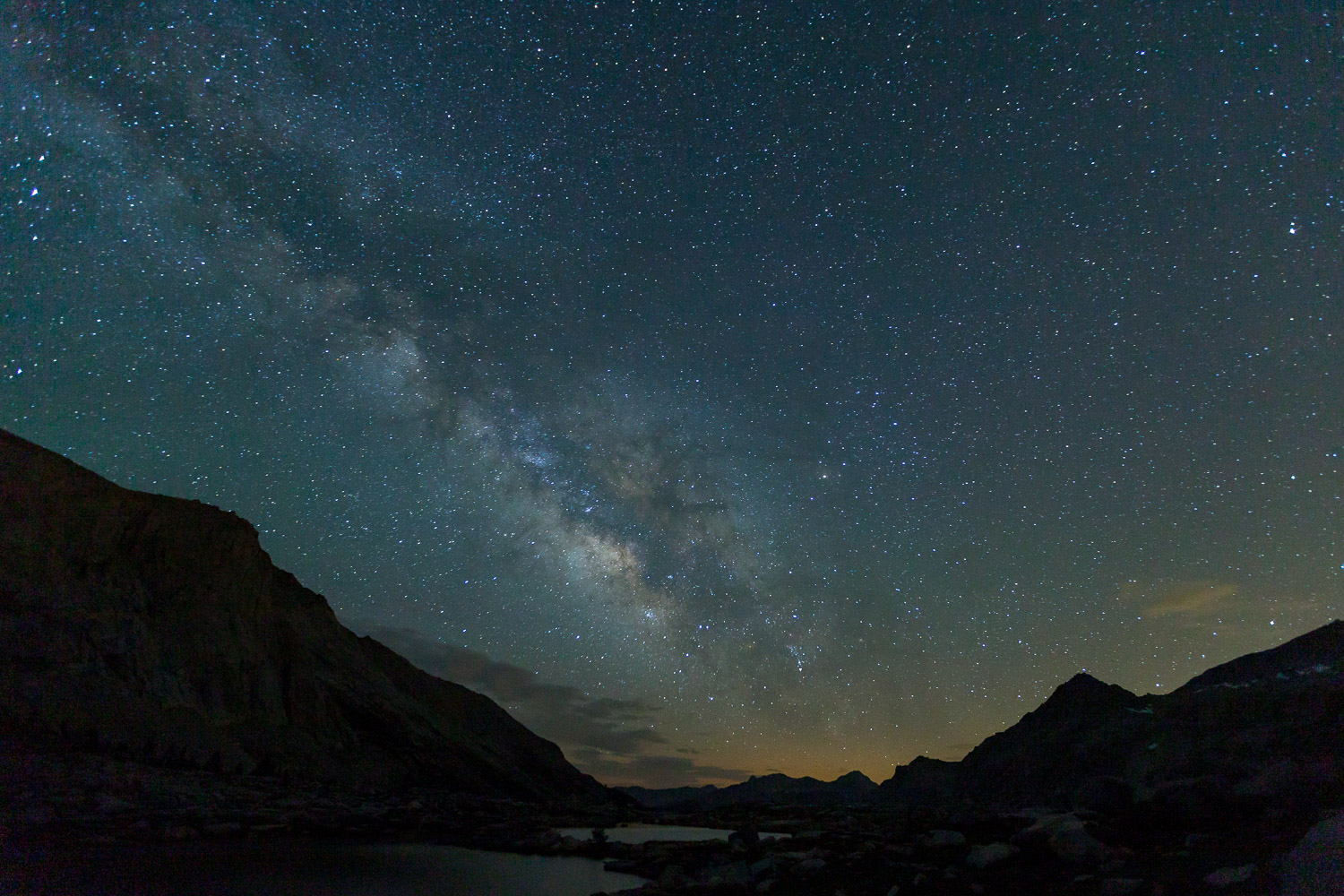
The minimalist lifestyle improves creativity because it simplifies your life and removes distractions. While those may sound insignificant, picture the peace you feel when you close your eyes for a mental break. Just the act of closing our eyes and reducing the stimulation from all the things in our visual field can bring us peace.
Now, minimalism is not just about clutter we see. It’s also about how that clutter impacts our daily life. If we have too much stuff then everything takes longer because everything requires a lot of thought.
Think about how simple life is on vacation when you have three pairs of paints, five shirts, and one pair of shoes. You don’t spend that much time thinking about getting ready because there aren’t that many decisions. You only have with you the things you actually need and that’s actually part of why vacations are so relaxing.
Making Room for Creativity
When you simplify your life with a more minimalist lifestyle, you make room for other things you want. Have you heard the sayings about saying yes to something is saying no to something else because you won’t have time or room for it? If creativity is a priority, we have to create space for creativity.
An example I always use in regards to photography specifically is around camera gear. Some photographers buy all the gizmos and gadgets and stuff that they think will make them better photographers when fewer things might be better. Instead, they spend all their time moving, organizing, and trying to figure out how their stuff works and it gets in the way of creating art.
What if they simplified their camera bag to only include the things they need and know how to use. Then, they wouldn’t get distracted or weighed down (literally and mentally) by all of their stuff. Simple is best and it goes back to the idea of multi-tasking and trying to do so much that you end up doing nothing at all.
Reasons We Have So Much Stuff
Before we go on, it’s important to address the reasons that we have so much stuff. This might vary from person to person so try to think of who you might be. I’ll do my best to provide some solutions as we go through these based on my own experience.
Attachment to the Past
Attachment. I can get very attached to things because of the memories they evoke. We tend, for some reason, to associate things with memories.
I don’t think that associating things with memories is a bad concept, after all, I’m a photographer and I deal in memories. However, sometimes it’s hard to remember that the things aren’t the memory. And let’s be real, how many High School momentos is enough to remind us of those years?
I love having meaningful art in my house, whether it’s a photo on the wall or a souvenir on the mantel. However, less is more. If it’s important to me, then I should have it where I can appreciate it rather than spend a couple hundred on a storage unit that I never visit filled with boxes that I never open.
What about the clothes that no longer fit that we’re saving for when they do fit?
Trying to Fill a Void
The other problem with stuff is that sometimes it’s not meaningful at all but rather we bought it trying to fill a void. Maybe we do some retail therapy when we’re stressed or sad. Sometimes we buy things to try to handle some of the hard feelings in life.
We feel inadequate so we buy trendy kitchen gadgets, beauty product,s or fitness gear that’s for sure going to make us hit our fitness goals. That marketing works, doesn’t it? So many marketing messages are designed to make us feel as though we’re not enough and that we don’t have enough so that we’ll spend more money on stuff.
This one is hard just like any of our coping mechanisms are hard. Binging some potato chips or Netflix or wine are other ways that we try to avoid our problems and fill a void. Awareness is the trick here, just asking the question of whether this item adds value to my life or why do I want it.
The Expectation that Stuff Equals Success
This might be a continuation of the idea that stuff is trying to fill a void, but sometimes it’s about our mindset. Maybe we didn’t have a lot when we were younger so we buy material things now because we can. It’s our way of rewarding ourselves for our hard work.
I think we deserve a reward, we need to celebrate our success and milestones. But is spending our money the only way? Is filling our lives with clutter a reward?
Writing these sections is hard for me because I feel judgmental. But I’m talking to myself here. You can do what you want but the person I’m trying to be wants a simple peaceful life. (This doesn’t mean we can’t have nice things, see more in the money section.)
More Benefits of Minimalism
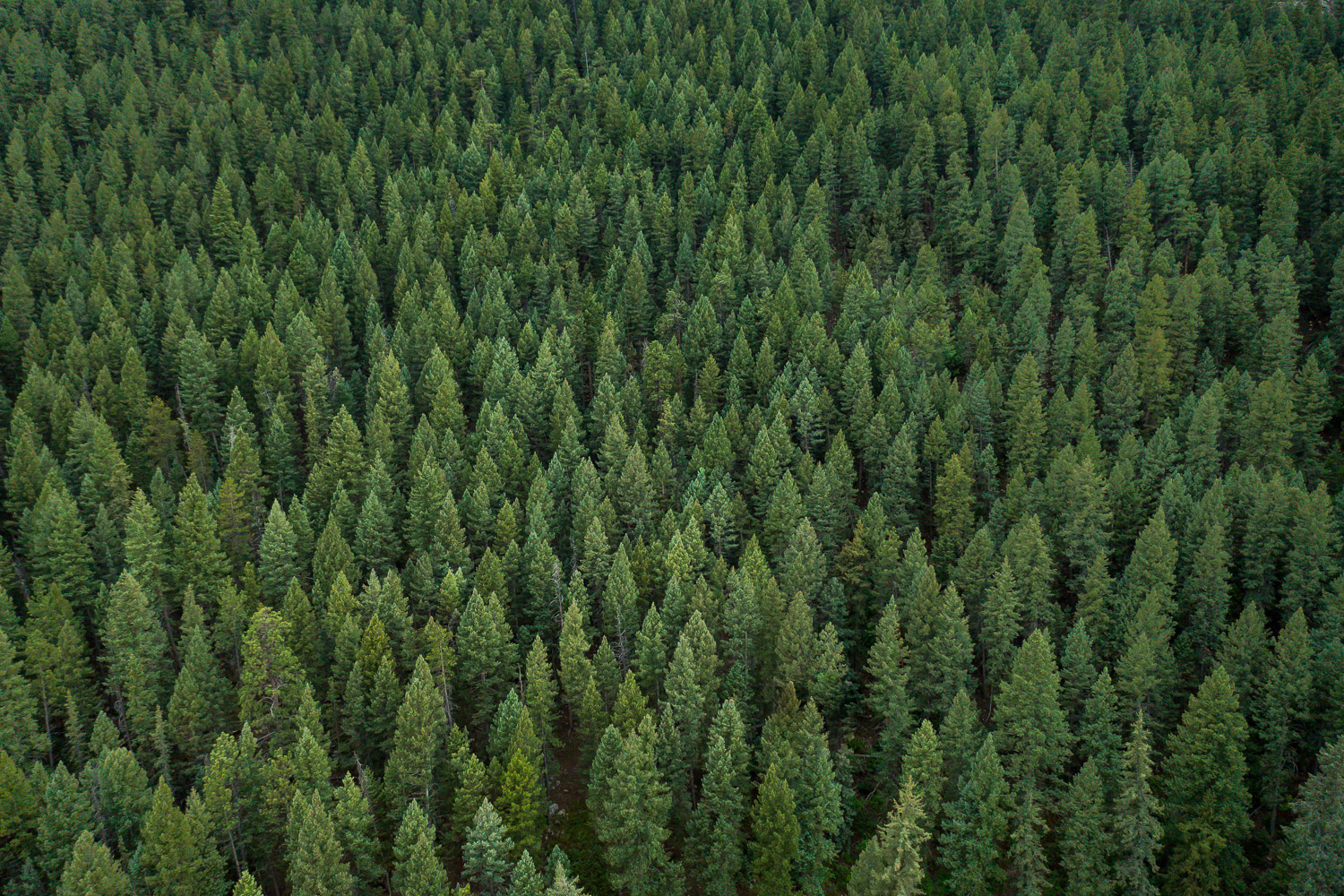
That got a little negative for a minute and I didn’t like it. I didn’t like talking about our materialistic culture and some of the harder aspects of it. We live in an amazing time with so many conveniences that make our lives rich and comfortable.
But not everything makes our life better. Some things are distractions or attachments as we talked about. Other things make us lazy, complacent, or selfish.
Minimalism can lead to mental and emotional health. So let’s dive into more benefits of minimalism and how we can use minimalism for peace, creativity, and more.
Less Money Spent Equals Less Money Stress
If we buy less, we spend less. That doesn’t sound very fun. How about if we buy less crap we don’t need we can spend more on the things that we love?
Money is a huge stressor for a lot of people and a lot of people live above their means. What that means is that people spend more than they make. In a minimalist lifestyle, you have fewer material possessions so your consumerism goes way down which results in your spending going way down.
If you reduced your spending you’d have less money stress or more money to spend on the things you love and are making intentional choices to own. Minimalism doesn’t mean you can’t have nice things it just means that the things you have add value to your life. That sounds like having nice things to me.
Minimalism Frees Up Your Time
The less stuff we have, the less cleaning and tidying up we have to do. Minimalism leads to a more organized and clutter-free life. I can’t tell you how much I love right after we’ve decluttered a room because that room becomes easy to maintain and clean.
Fewer items can lead to increased happiness because I get to choose how I’m spending my time. For me, that’s quality time with my family or focused time on my creative pursuits.
Less Environmental Impact
Because I care a lot about the environment, I’ll throw this one in there too. The less stuff we buy and waste, the less stuff we’re contributing to the landfill. I try to buy quality over quantity so that what I have lasts and doesn’t end up in the trash.
Minimalism Offers Peace Of Mind
I’ve talked about peace of mind already. This is one of my favorite benefits of minimalism. A clutter-free environment leads to less stress, less clutter, and less cleaning.
Less stuff, less stress, less clutter, fewer possessions, fewer hours cleaning, more space, more money, more room, more energy, more focus, more creativity. These all sound like positive changes that will lead to greater peace if we practice minimalism.
Improved Health
Minimalism is said to improve our health. It makes sense if you think through everything we talked about. From reducing stress levels to having extra money in your bank account, it’s clear that minimalism benefits can have a huge impact on our health.
A less stressful life is good for both our physical health and our mental health. A mindset shift away from the consumerist and comparison culture would be a benefit to our emotional health. Minimalism might also free up the time and money we need to spend on our physical health through things like exercise or our mental health through things like therapy.
Living Creatively With Minimalism
In this final section, I want to give some practical tips so that this article doesn’t just seem preachy. There are also a lot of great places to find more information on minimalism such Simplify Your Creative Space
The obvious way that minimalism can help your creativity is to simplify your creative space. This is a tip you have probably heard when it comes to how to be more creative. You want to create a space for your creativity. Don’t make the mistake of just organizing and re-organizing. Sometimes, we just have too much stuff. Narrow down to just the right tools for your trade and remember quality over quantity. You don’t need your creative space to have a minimalist aesthetic, it can be creative, loud, and inspiring as long as it’s not distracting. Sometimes you need to minimize more than your living space, sometimes you need to simplify your schedule. If you say yes to too much, you’re saying no to your creativity. Make space for creativity on your schedule and don’t feel guilty about it. The minimalist lifestyle isn’t just about having fewer things, it’s about having more intentionality. You’ve probably heard the saying that you can learn a lot about a person by looking at their calendar and their checkbook. One of the major benefits of the minimalist mindset is taking control of your life. Simplify your schedule and give yourself more freedom to choose the direction of your day. Give yourself more time to focus, play, adventure, discover, and create. When I decided to write a post on why minimalism is good for creativity, I started with the intention to share some of my values that help my creativity. However, after writing this article, I realized that it’s about more than just creativity. So many of the things that I’ve discovered in researching creativity have led me to a higher quality of life in general. It comes down to intentionality to live our best life, a purposeful life. Sure, it’s great to save money, create less waste, and have more free time. But more importantly, minimalist living will create room for the things we want to welcome into our lives. Think about a time you’ve said, “I need to focus?” Why can’t you? What’s distracting or cluttering your mental space? Sometimes, the decluttering process creates more room than we expect. What did I miss? Have any thoughts on why minimalism is good for creativity? Let me know! I am Brenda Bergreen, one half of a husband and wife photography team specializing in Colorado wedding photography and videography as well as adventure photography. If you need someone to encourage your creativity, I’m here. Download our free guide on how to build a creative business and a life you love. Don’t hesitate to contact us and let us know how we can help! I’d love to hear how you incorporate the minimalist lifestyle. In the meantime, remember to…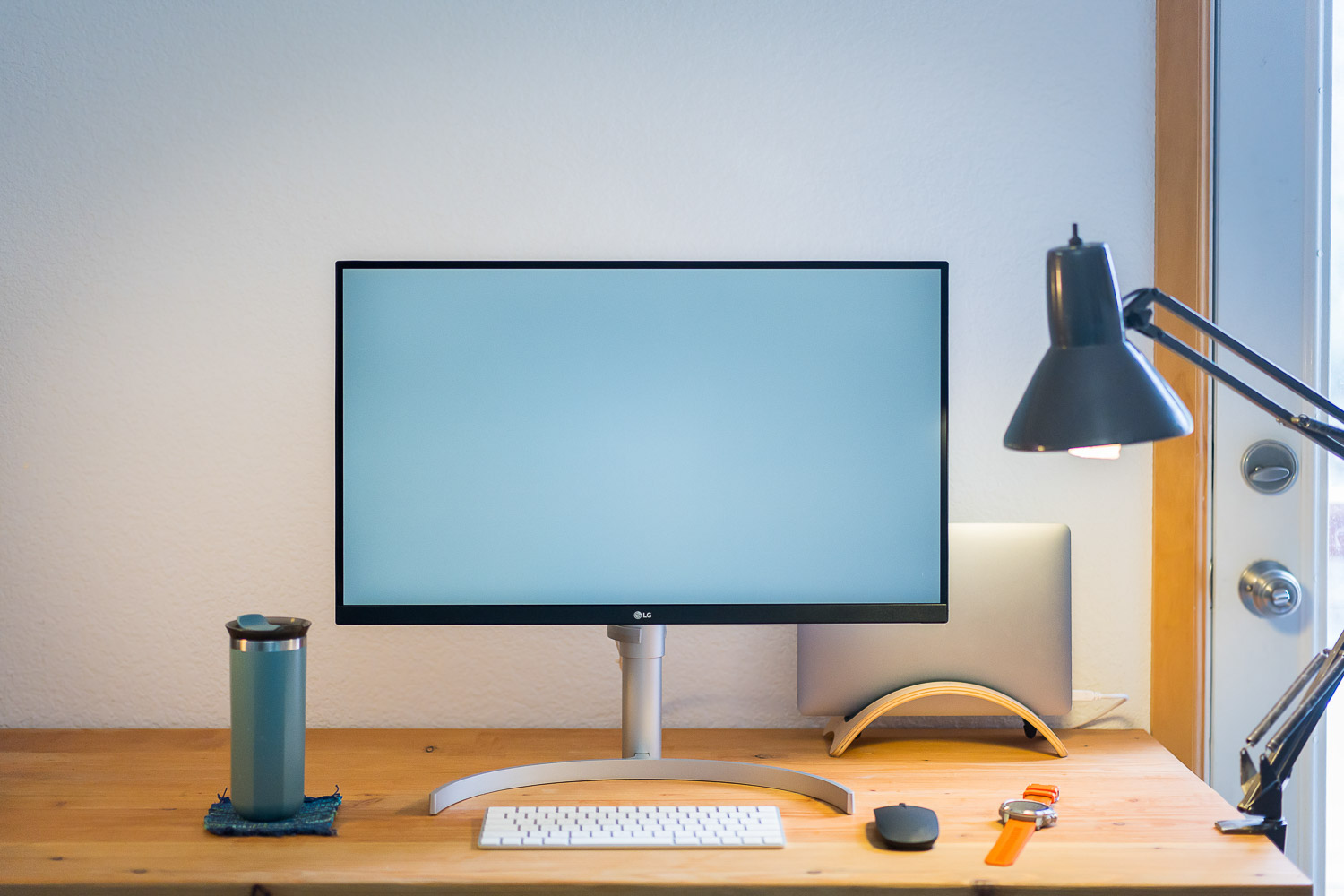
Simplify Your Schedule to Maximize Creativity
Benefits of Minimalism for Creativity: Final Thoughts

about the author
Looking for more posts on creativity, check out:

